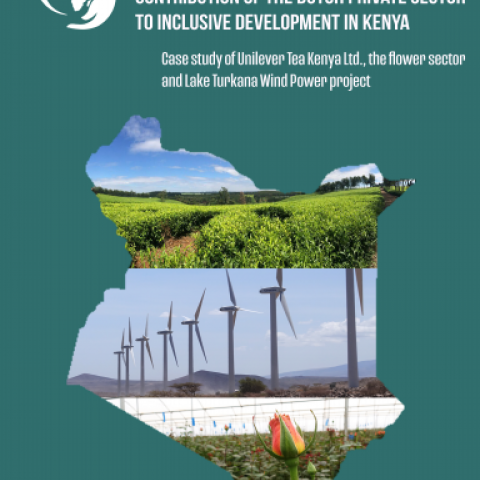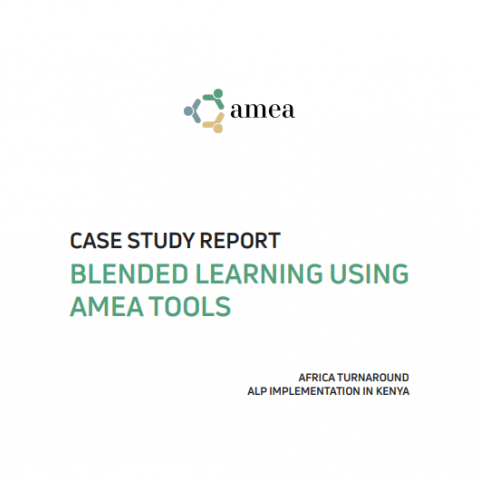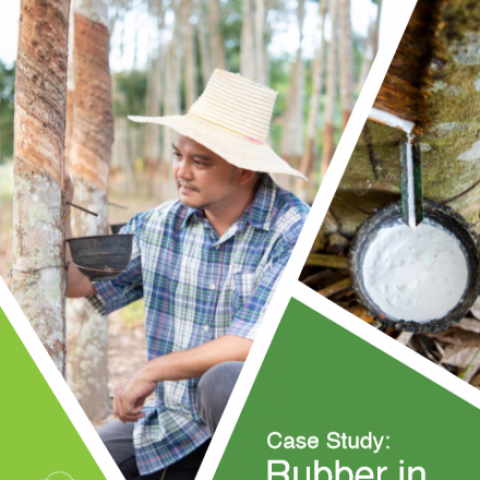Publication database
This database contains a diverse range of more than 2,000 publications about inclusive business and relating topics, such as impact investing, microfinance and market systems approaches. You will find not only reports but also market intelligence, case studies, tools and videos that touch upon of several sectors and regions.
The diverse range of publications in this database all relate to inclusive business - meaning business models that engage base of the pyramid (BoP) consumers, suppliers, entrepreneurs and/or employees in low income and/or emerging markets.





















